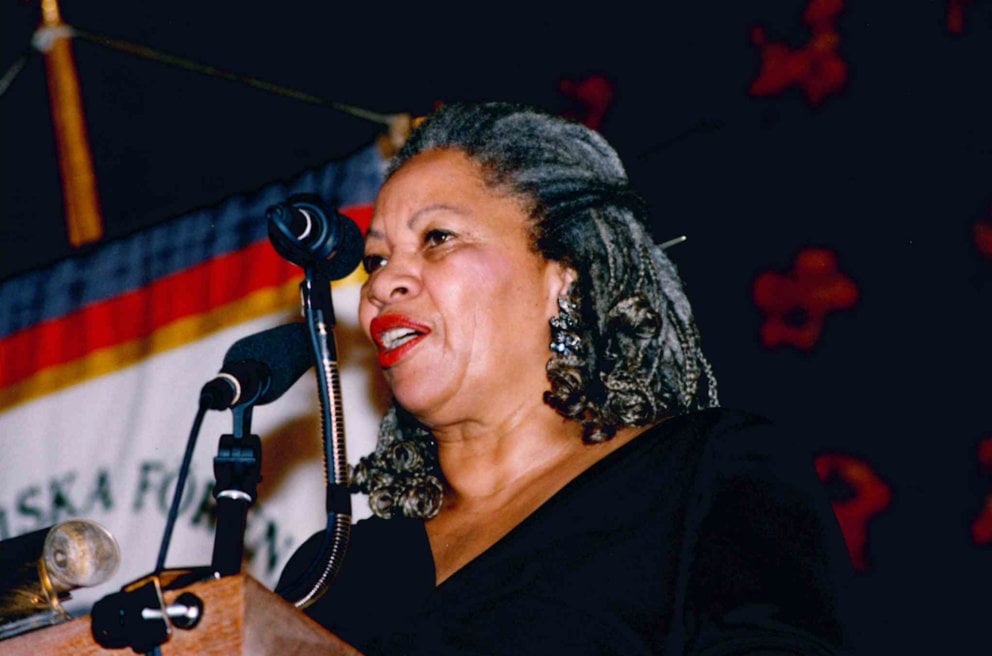Response to Toni Morrison's Nobel Lecture
Toni Morrison's Nobel Lecture itself is a feat in language. In an attempt to portray the power of language using sophisticated language itself, Morrison is taking on a difficult task. And to make it even more impressive: she does this all through the vessel of dialogue. What fascinated me most about Morrison's lecture was her use of a conversation between an old blind woman and a group of children to demonstrate her point about the unique power of language. This rhetorical decision highlights the generational disconnect that exists in language, as young people are looking to their elders for guidance on how to use their language for good but cannot help but see the horrors the language of their generation has provoked. Morrison writes, "Do you think we are stupid enough to perjure ourselves again and again with the fiction of nationhood? How dare you talk to us of duty when we stand waist deep in the toxin of your past?" Language has immense power, and how can the youth learn to handle this responsibility when their instructors have failed so many times?
Another interesting point Morrison brings up is that languauge is does not merely suggest ideas or encourage action, but takes action itself. Language does not merely represent or depict, it is. For example, Morrison writes, "Oppressive language does more than represent violence; it is violence; does more than represent the limits of knowledge; it limits knowledge." According to Morrison, one cannot distinguish between words and action, cowering from action behind the veil of words, as expressing language is in itself taking action. I find this extremely relevant today, as so many people in the age of social media find their language, the words they type online, to be meaningless when compared to physical action, feeling as though consequences do not apply to their online expression of words. However, this is not the case, as every word you express, whether virtual of vocal, can be held against you, just as any concrete action could, and is a representation of your identity.

Comments
Post a Comment